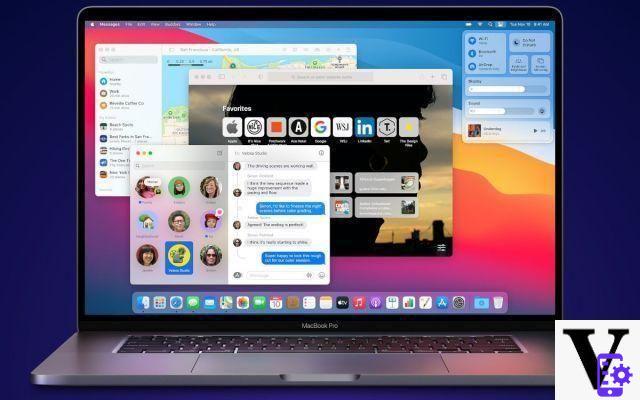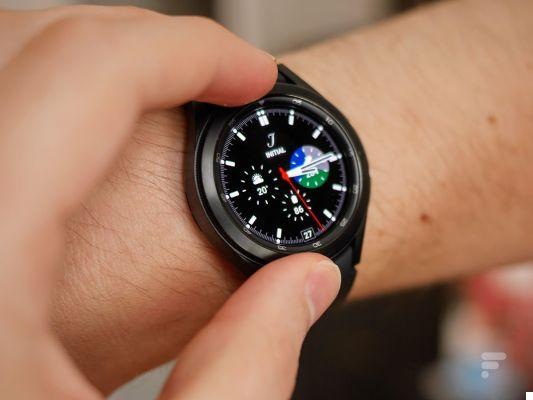If it's free ...
“If it's free, you're the product. »During your wanderings on the web, you have probably already had the opportunity to come across this maxim, which implies that when a site is free, it means that the money is produced through advertising or sale of personal data.

YouTube logo // Source: Photo by Adam Fejes from Pexels
Some also say that "nothing is free", or that "everything has a cost", a way of emphasizing that it is not because a service is accessible free online, that it does not cost anything to produce. Youtubers and other producers of content on the internet know something about this.
The free offer with paid option
And there is reason to believe that these reflections are gradually winning over the public, in particular thanks to the proliferation of paid offers that are not too expensive. The presence of multiple VOD platforms for example, would have considerably reduced the piracy of films and series in our country. If we are to believe figures from Médiamétrie published in 2021, the number of Internet users who pirated a film during the year fell in 2021 by 19% for example.
To learn more
Netflix, Disney +, OCS, myCanal… which SVoD service to choose in 2021
We could also cite the success of platforms like Tipeee or Patreon, which make it possible to remunerate a creator who nevertheless delivers the majority of his work for free. Twitch's economic system, with its subscriptions and bits, is not far from this type of logic. Twitch also has an ad-free offer called Twitch Turbo.

More generally, during the decade of 2010, many online services, including a number of press sites, began to offer premium subscriptions, offering certain advantages or additional content. But this practice often goes further than simply removing ads.
Support creators
Internet users are therefore more and more used to actively supporting their creator against a small sum. This is undoubtedly why platforms like YouTube, which will undoubtedly be followed by others, are now considering this type of offer, which is very much based on the public's desire to support a particular production on the internet, rather than by a classic ad blocker.
It is in this context that we wanted to ask you the following thing: how much would you be willing to pay to remove ads on YouTube?

Survey of August 6, 2021.
Half of you, or more precisely 50,6% would prefer not to have to pay anything to remove the ads on YouTube. All other answers involved paying to remove ads. So that means that half of you would be willing to pay, even a small amount, to remove ads. In detail, you are 26% to consider that one euro per month would be the right price. Just behind, we find 20,2% of you who consider yourself ready to pay between two and five euros per month. Then there is the very small minority of those who would feel capable of reaching higher amounts. From five to ten euros per month, you are 2% of our readers. Then beyond ten euros per month, we find 1,2% of the votes.
As usual, we invited you to comment in the comments, and many of you gave us your opinion. A majority of comments uninterested in the paid option point out the existence of YouTube Vanced, an alternative version of YouTube that filters out ads and sponsored segments from YouTubers. Kb9 writes that he would be ready to pay "nothing at all." "He adds:" Free solutions to block ads and benefit from YouTube Premium exist (YouTube Vanced), so why pay? Google is already getting rich enough like that. "
That is. Another lead, mentioned by The Lonely Cyborg: “The thing is that even by paying, they make money on our backs in addition to collecting our data. If paying was tantamount to making sure you were completely out of this system, why not. The idea would therefore be not only to remove ads, but also data collection.
Thibault is a fervent supporter of the paid model. He writes: "Obviously I will be the only one in the comments to pay YouTube Premium full pot 😅 I had initially started with the solo subscription at 12 €, and given my average viewing time / day and my music consumption I considers the offer interesting to me. He then explains that he has switched to the family offer, to share it with those close to him.
Some users like Frank tell us that they have subscribed in another country. In his case it is Argentina, and he pays 1,5 euros per month for a family YouTube subscription. He justifies this circumvention as follows: “That way I participate in the creation and at the same time I do the same thing as all the big companies on this planet, of tax optimization. "
To follow us, we invite you to download our Android and iOS application. You will be able to read our articles, files, and watch our latest YouTube videos.







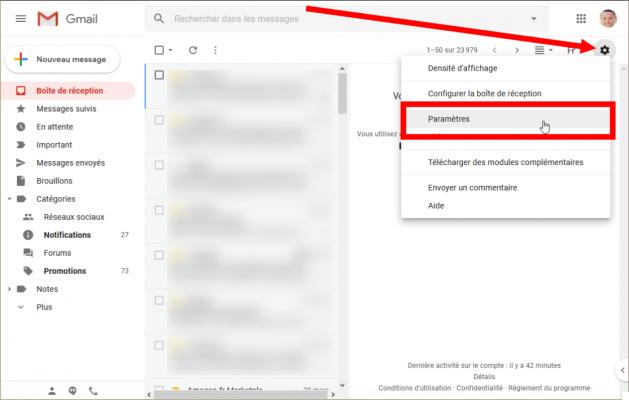


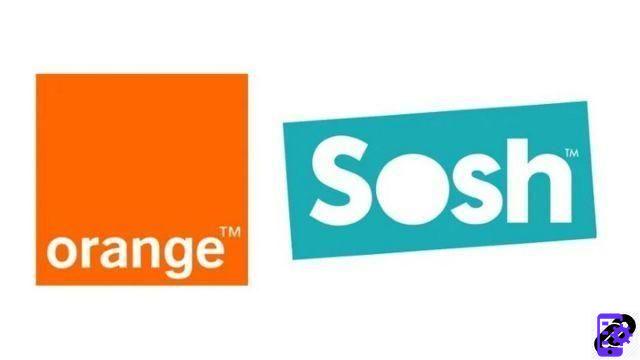
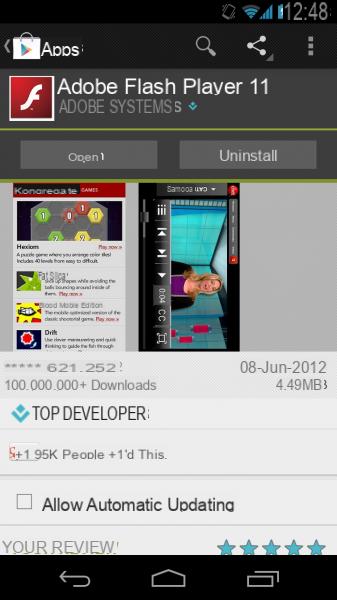




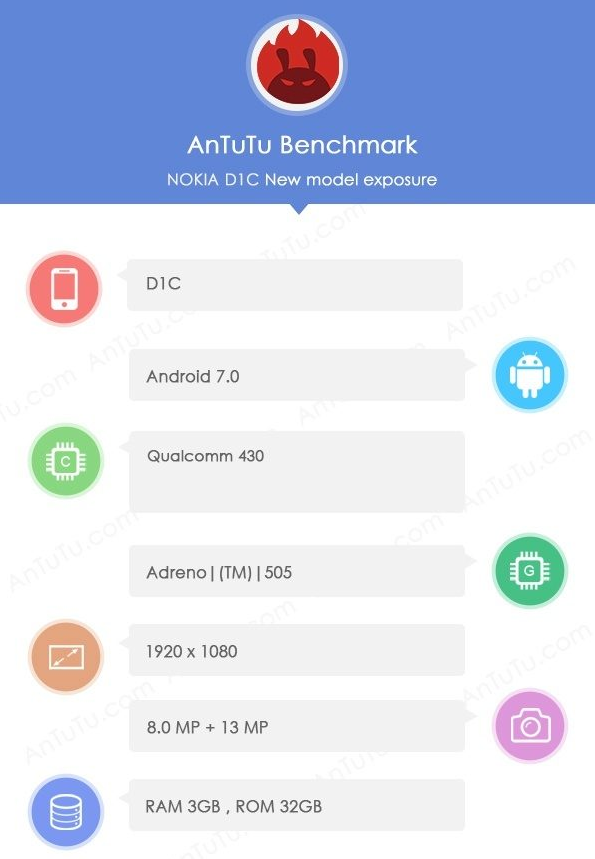
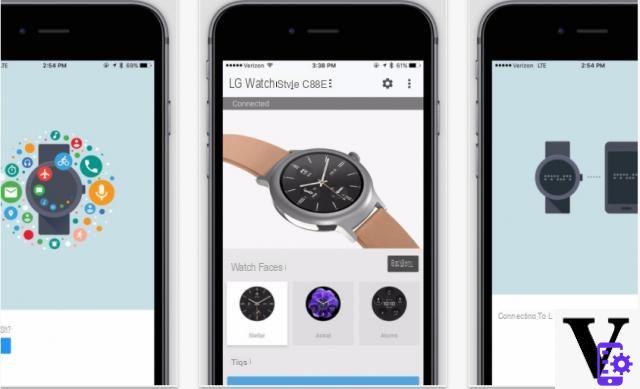


![[Review] Samsung Powerbot VR7000: the robot vacuum cleaner from Star Wars](/images/posts/6bc44de38605b5c0fa12661febb1f8af-0.jpg)



